Coconut oil is an oil extracted from coconut meat. Coconut oil is a white fat that melts at room temperatures warmer than about 25°C. In hot countries, it is a transparent oil.
Coconut oil is divided into two types of oil: pure cooking coconut oil and cold pressed coconut oil. The cold pressing method does not use heat, so cold pressed coconut oil is as clear as water. Cooked virgin coconut oil is dark yellow, light yellow or clear like water.
How to identify pure coconut oil from impurity coconut oil:
– To know whether virgin coconut oil is pure or not, you just need to put the bottle of pure coconut oil in the refrigerator. Wait from 30 minutes to 1 hour (depending on the size of the coconut oil, small or large), at temperatures below 25 degrees Celsius, pure coconut oil will begin to completely solidify.
– On the contrary, if your bottle of coconut oil is not solidified, or partially solidified, the rest will not solidify no matter how long you leave it in the refrigerator, then you have grounds to doubt the purity of that coconut oil. . you have. you own.
– In addition, if you see that the coconut oil is white, you should check carefully to see if there is any bleach because pure coconut oil when cooked will not be that white.
– How to distinguish by smell: Pure coconut oil has a light smell and smells like coconut candy. If there is a different smell, it is definitely a mixed smell and there will definitely be preservatives added. If so, it is not good for health and can cause cancer.
Coconut oil contains many antioxidants so it is very good for the heart. This food also helps provide omega-3 and good cholesterol, helps prevent the risk of cardiovascular diseases, dilates blood vessels, lowers blood pressure, reduces inflammation, etc.
The main function of cholesterol is the structure of cell membranes; maintain its integrity and fluidity. This substance also functions as a precursor to synthesize steroid hormones, vitamin D and bile acids. Cholesterol is transported through the portal vein mainly by HDL and LDL.
HDL-c is often called “good cholesterol” and has anti-oxidant and anti-endothelial inflammation functions; Anti-thrombosis and cell protection. On the other hand, LDL, also known as “bad cholesterol,” can be a factor in the development of atherosclerosis if it becomes oxidized in the artery walls. Therefore, it is recommended to maintain higher HDL-c levels while keeping LDL-c levels low to avoid atherosclerotic diseases.
Did you know coconut oil has great effects on the skin? According to a 2018 study published in the International Journal of Molecular Sciences, coconut oil was found to have many antibacterial, anti-aging, antioxidant and anti-inflammatory properties.
It can also aid in the treatment of various skin problems including:
Eczema and psoriasis: The use of coconut oil may reduce the severity of these conditions.
Ultraviolet radiation: Research shows that using coconut oil protects the skin against the harmful effects of UV rays.
Dermatitis: A study published in the Journal of Evidence-Based Complementary and Alternative Medicine found that coconut oil was effective in reducing atopic dermatitis symptoms (compared to mineral oil).
This is supported by another study published in the International Journal of Dermatology which found that virgin coconut oil was more beneficial than mineral oil-based formulations when treating children with mild to moderate atopic dermatitis. .
Skin wounds: Virgin coconut oil helps speed up the wound healing process thanks to its indicated skin care properties.
Frizzy or dry skin: Research shows that coconut oil is a safe and effective moisturizer for the skin. Cold-pressed, organic, non-GMO virgin coconut oil is a great massage oil that can be used for all skin types, including dry skin.
Antibacterial Activity: Monolaurin is an active ingredient of coconut oil found to have antibacterial, antiviral and antifungal properties.
It protects against harmful bacteria, such as Staphylococcus aureus that causes pimples and other skin infections.
Burns: Using coconut oil helps reduce burns. Coconut oil is effective in treating acne
What effects does coconut oil have on oily hair and skin? According to studies, coconut oil has the ability to provide a large amount of protein with the ability to go deep into the hair roots and scalp. Even higher when compared to sunflower oil. Therefore, regularly using pure coconut oil in hair care will help you have strong, soft and smooth hair.
The simplest way to care for your hair is to incubate your hair with coconut oil after shampooing. Rinse your hair after incubating it for 5 minutes. Incubate your hair with coconut oil
The ability to soften hard cuticles is one of the effects of coconut oil that you can use. The main reason is because coconut oil contains many moisturizing fatty acids, which have the ability to hydrate and moisturize. good for skin. For example, exfoliating dead skin cells, softening hands and feet, softening lips, etc.
Besides, coconut oil also brings many great benefits to the skin such as:
Deep cleaning.
Increase skin resistance.
Provides moisture.
Slows down the aging process, prevents wrinkles.
However, you should consider using this essence in moderation. Because using too much or incorrectly will be counterproductive, making the skin dry and more clogged.







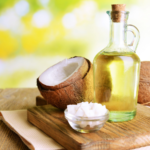
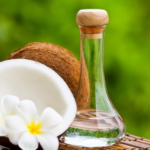
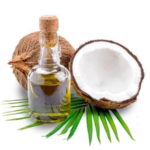
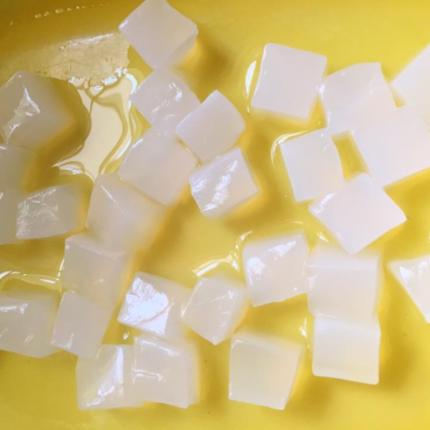
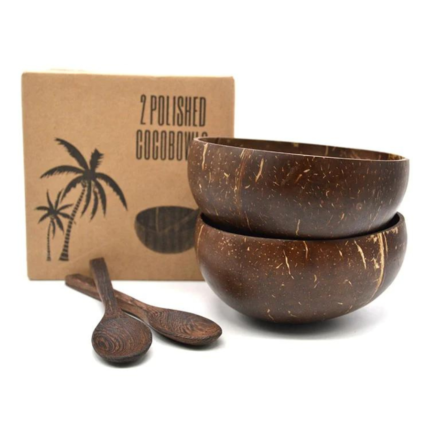


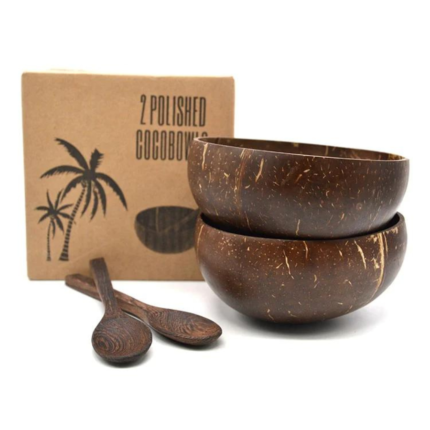
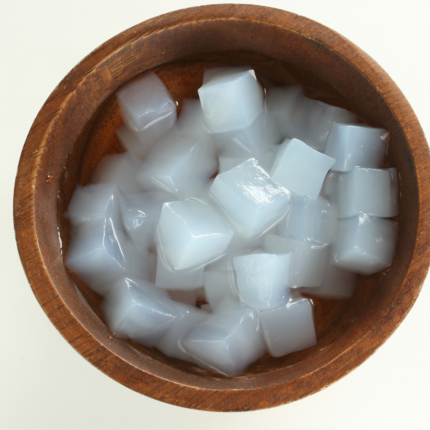


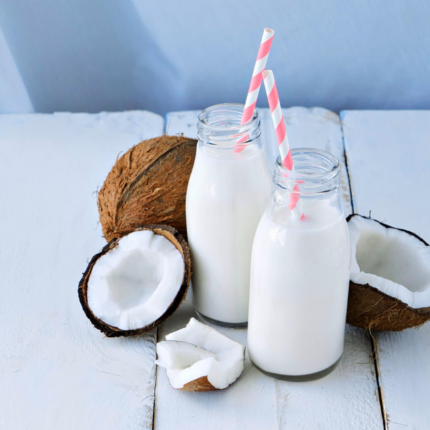
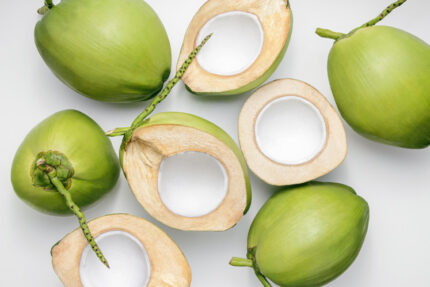
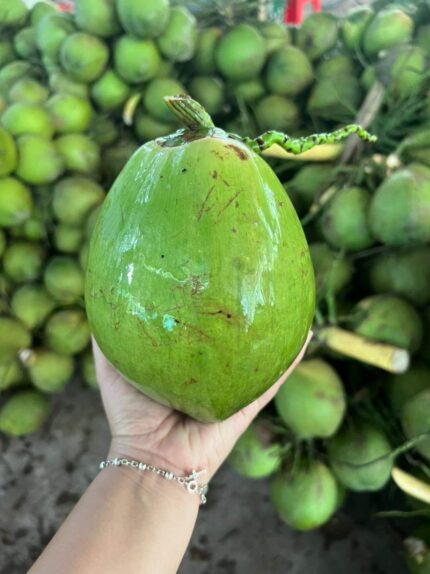
Đánh giá
Chưa có đánh giá nào.